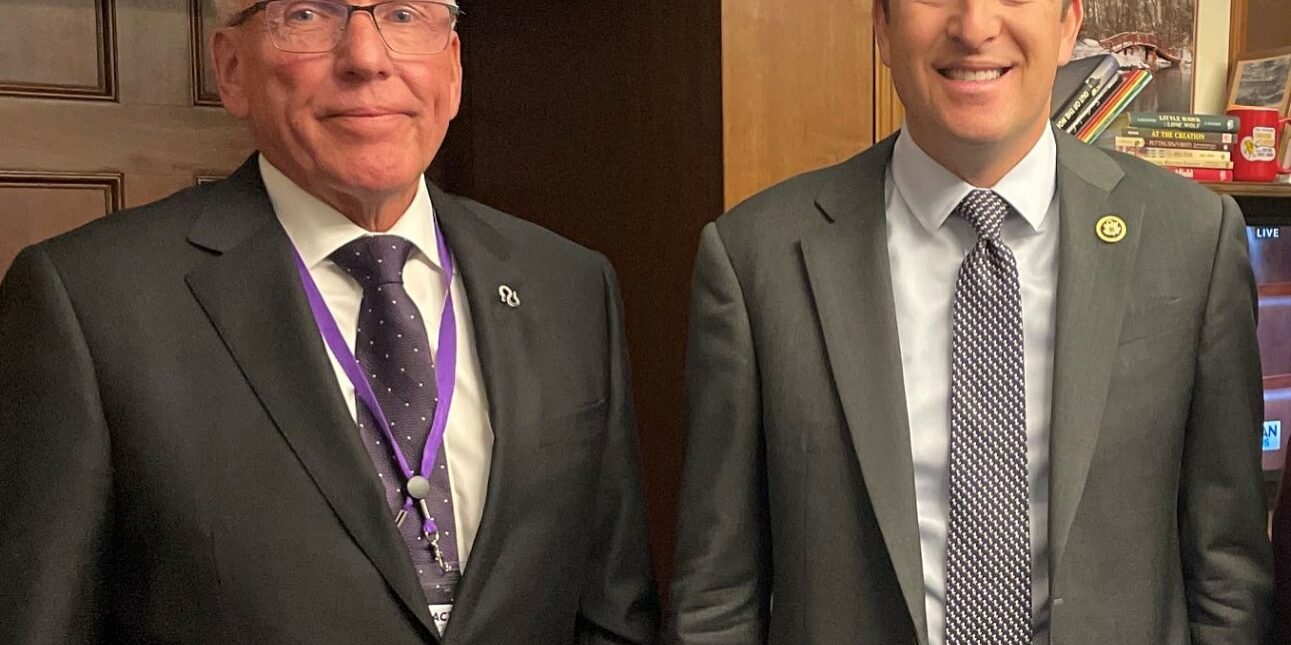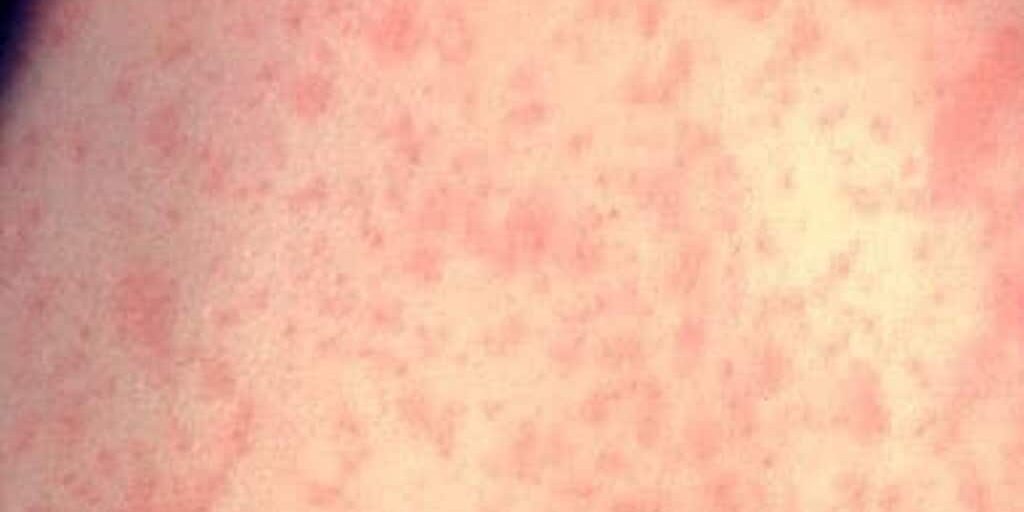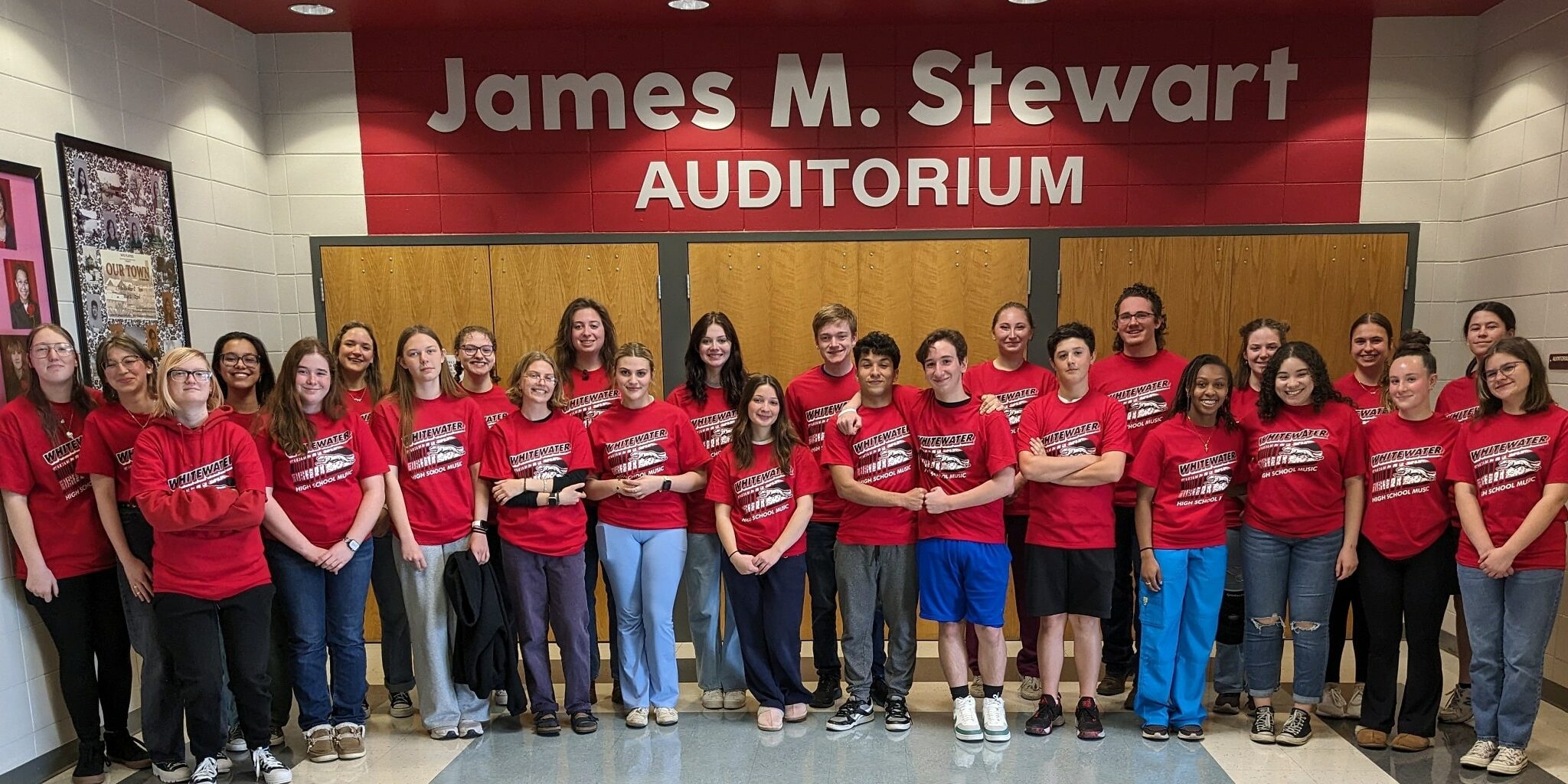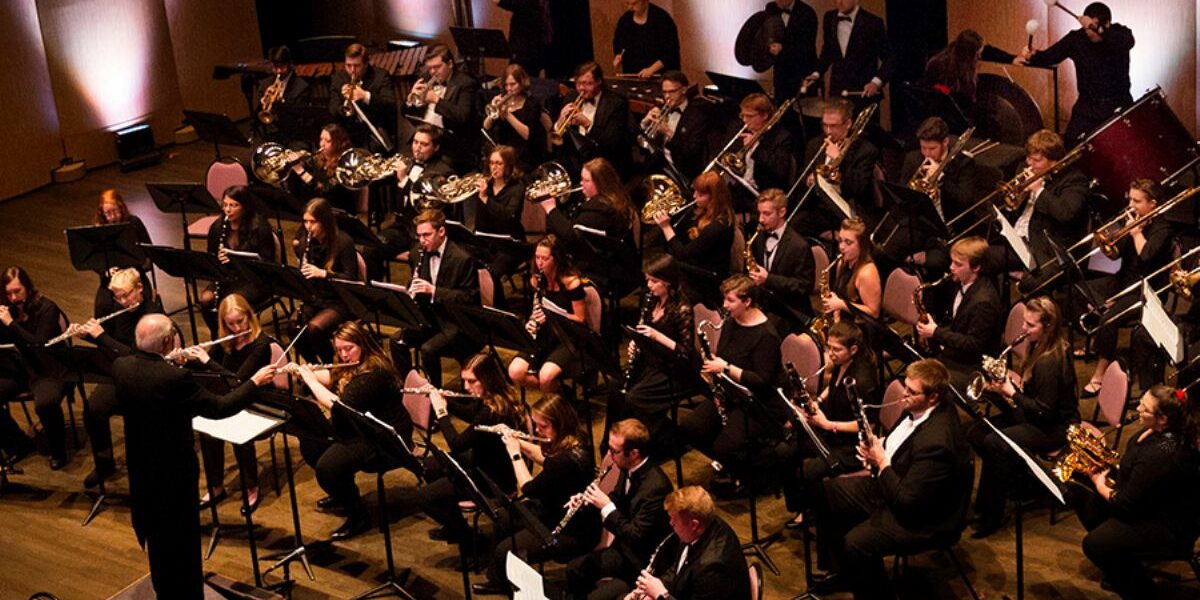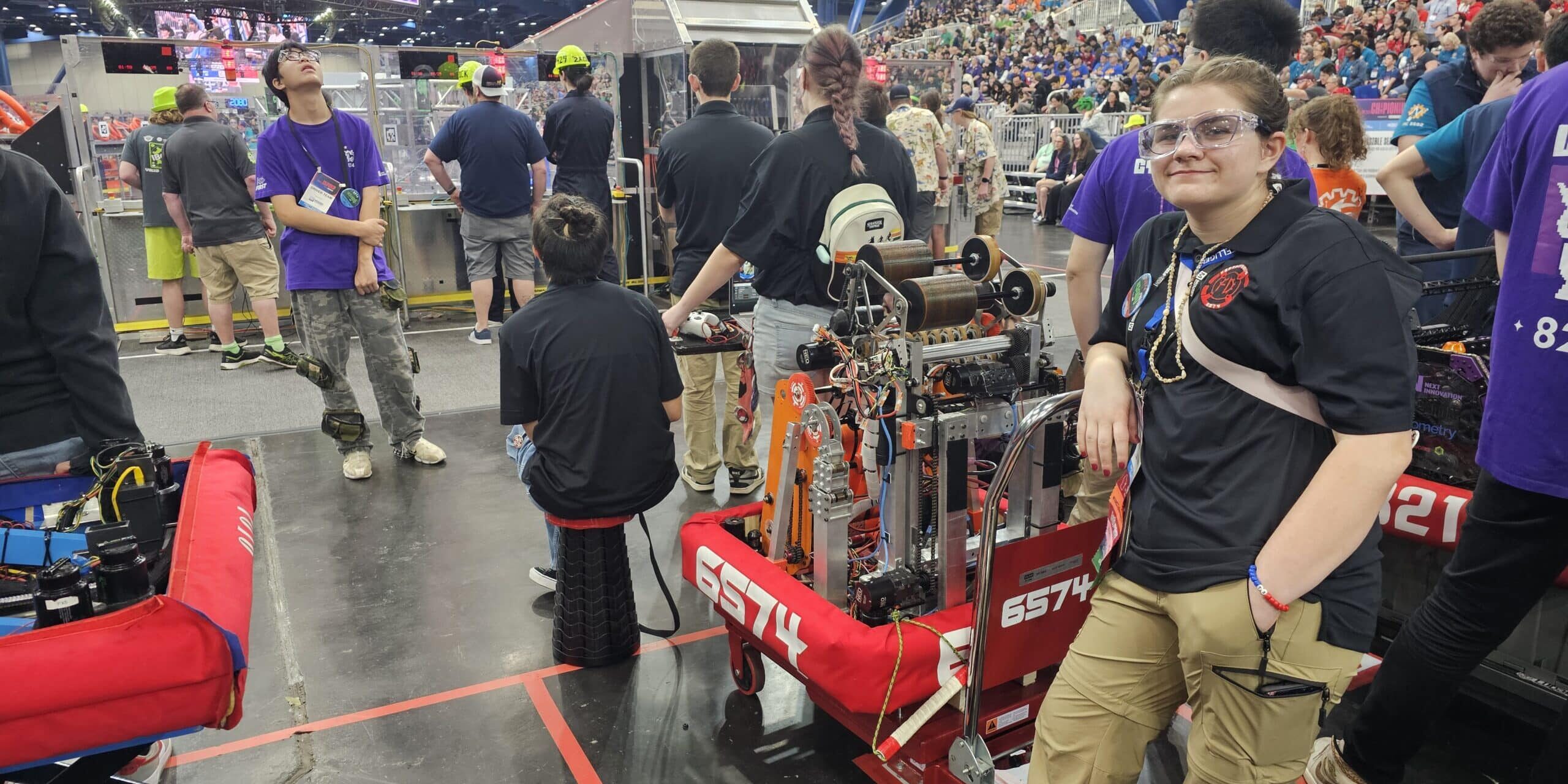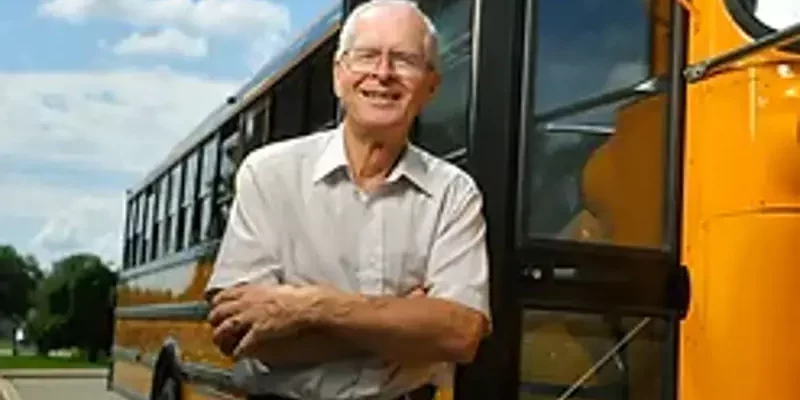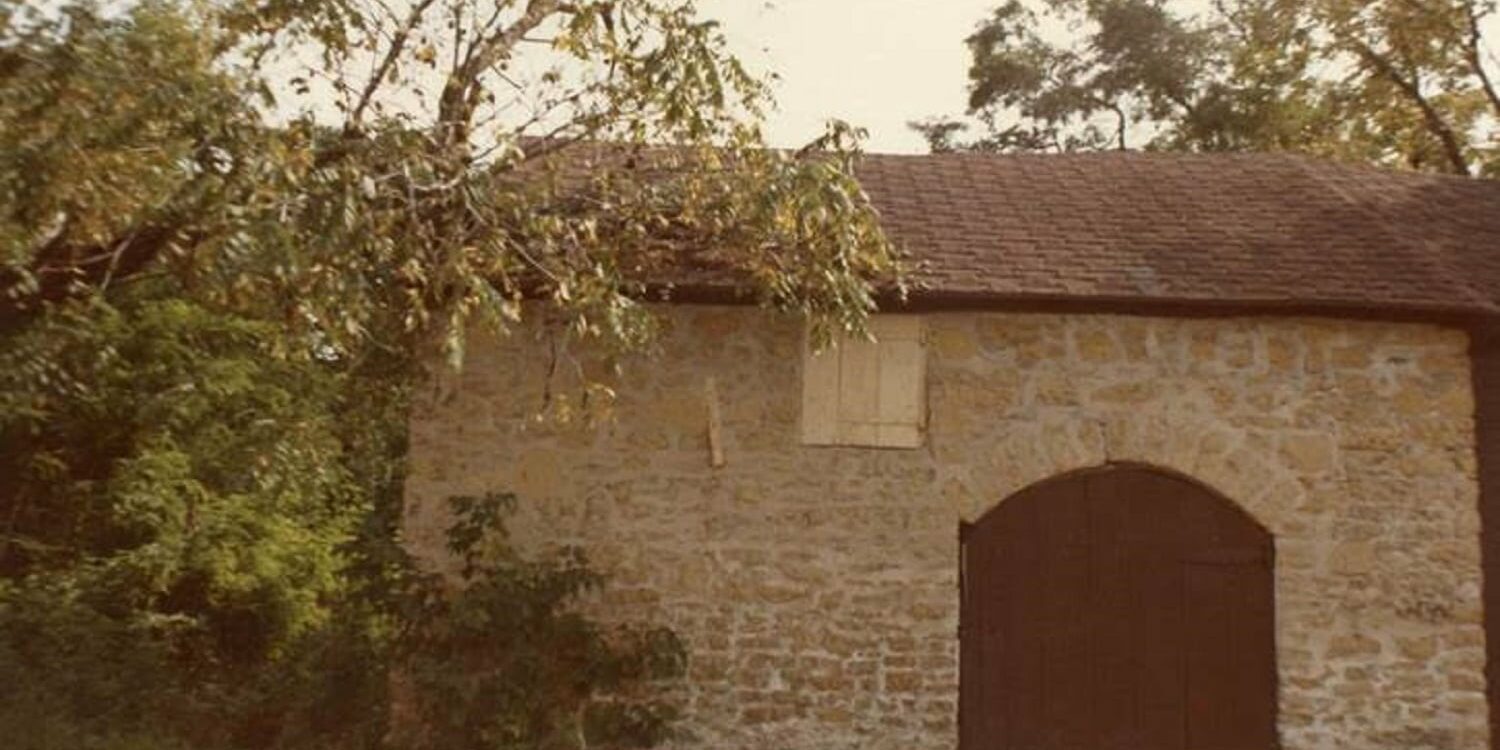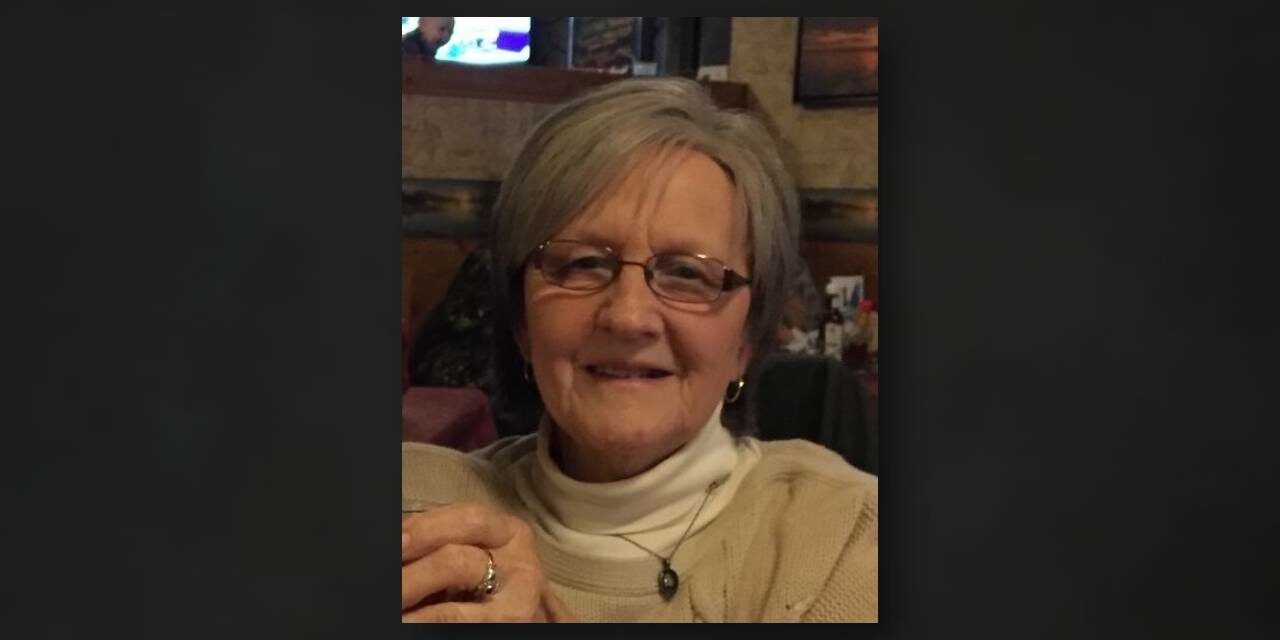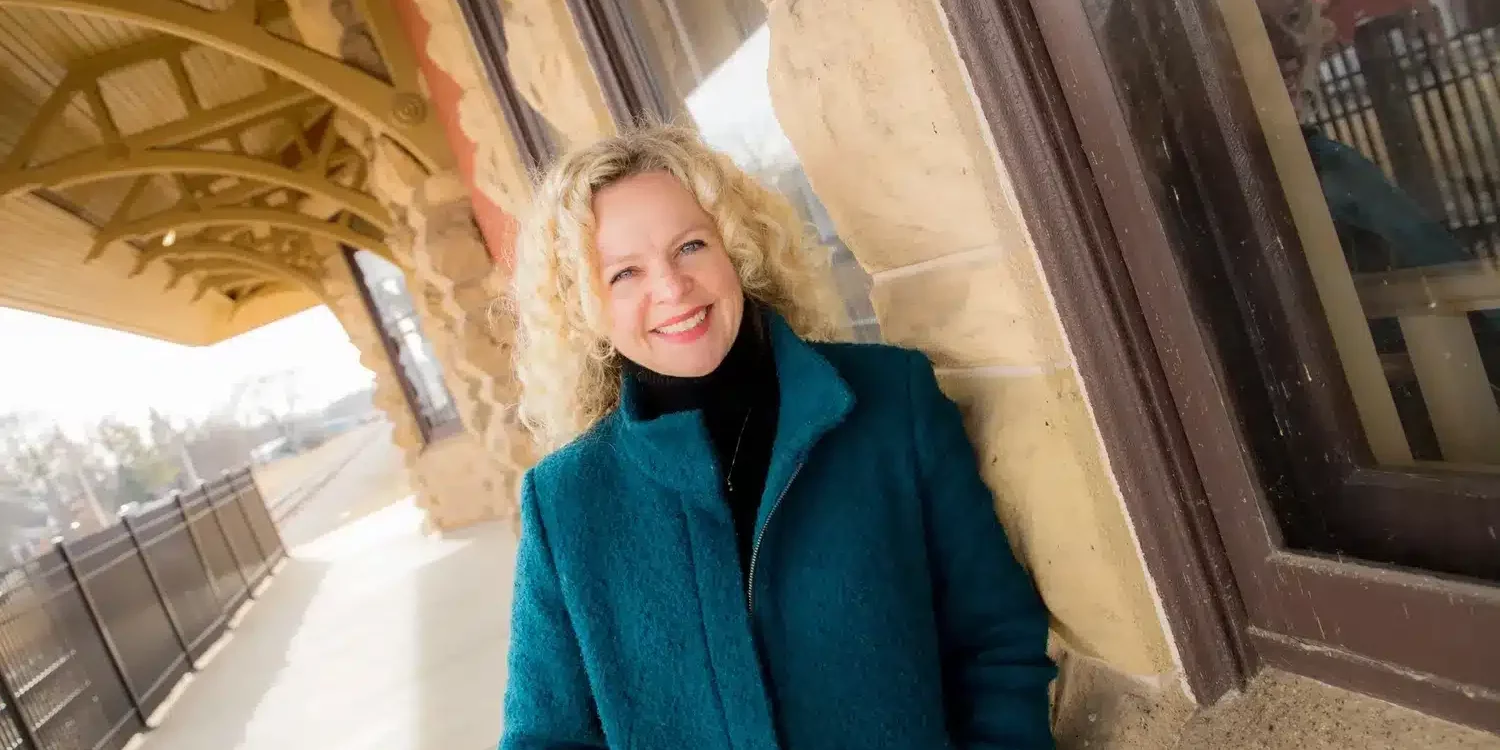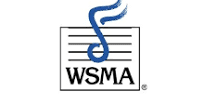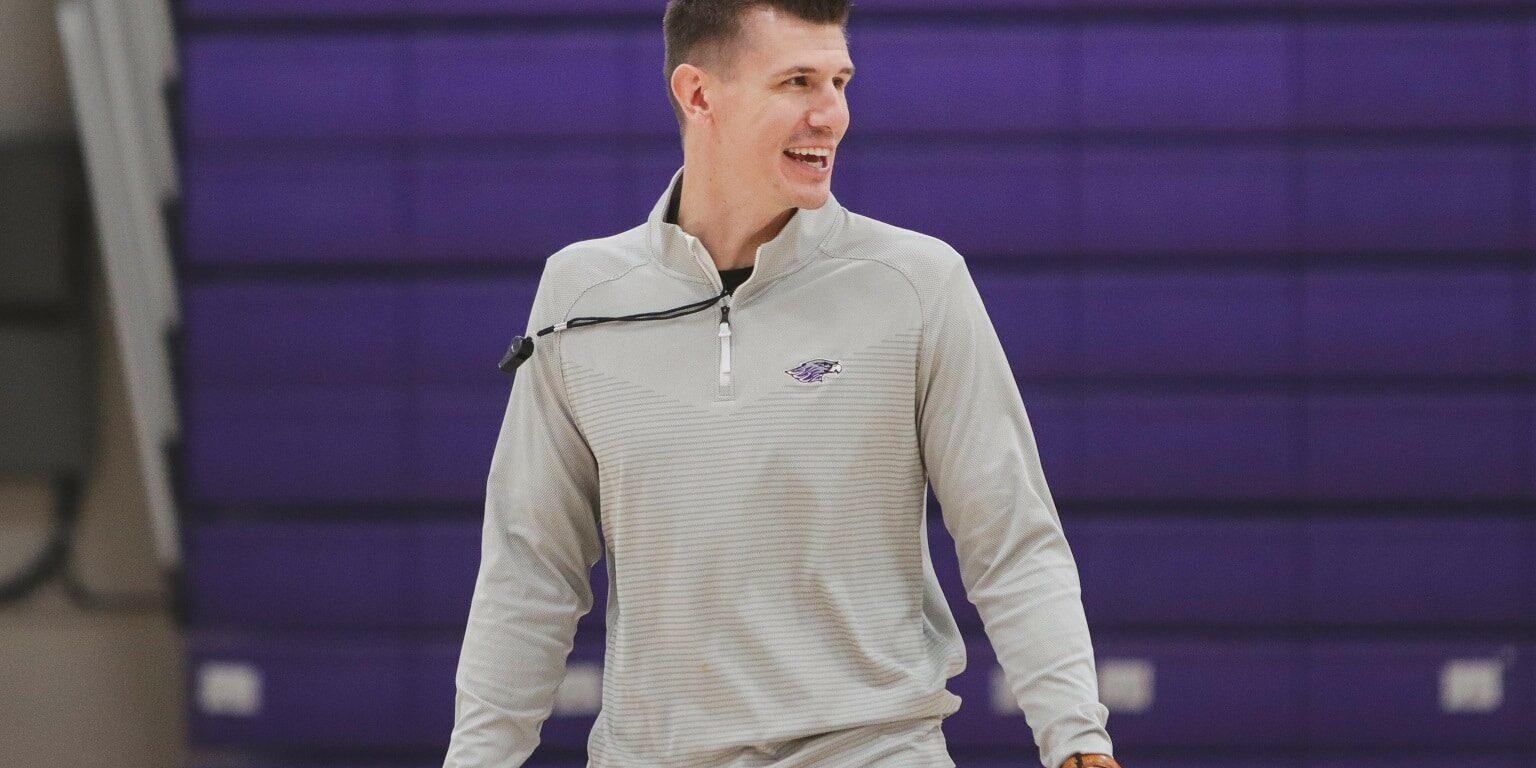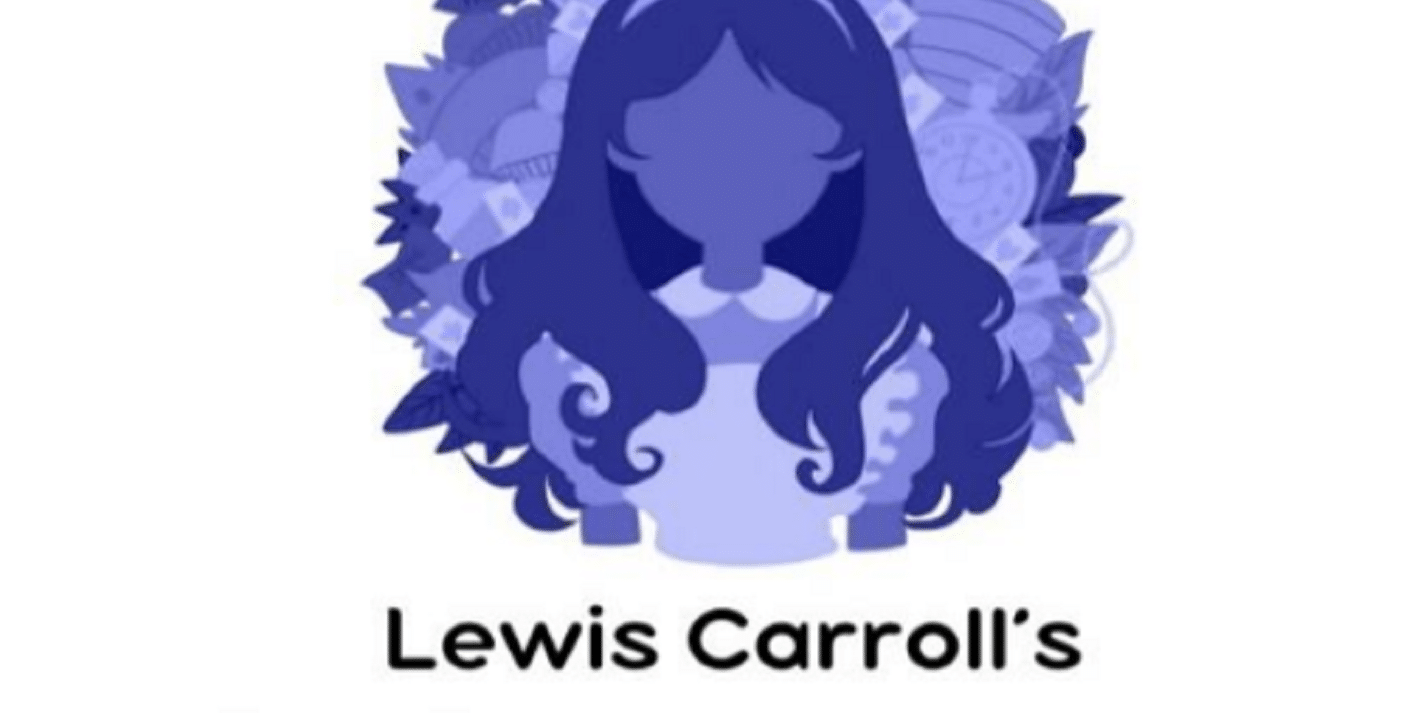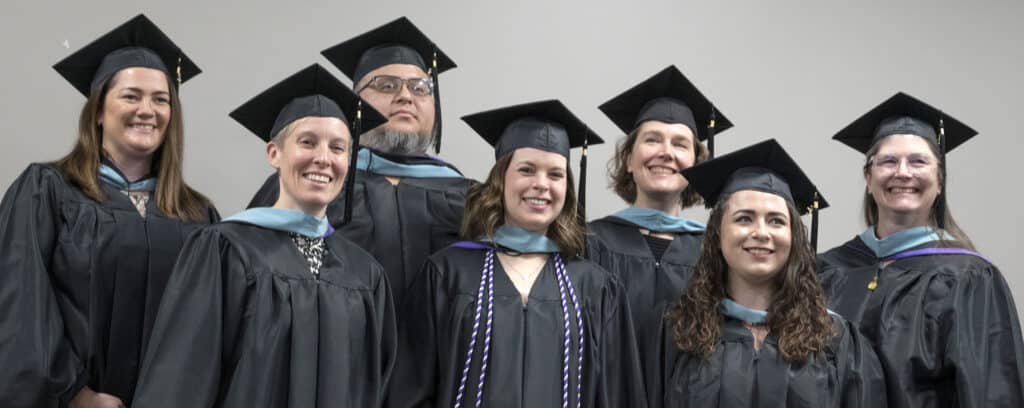
Editor’s note: The below press release was received from UW-Whitewater.
Responding to an ongoing need for early childhood education advocacy to meet critical workforce needs, the University of Wisconsin-Whitewater created an online degree designed for professionals and recent college graduates who aspire to advance their careers through a focus on policy studies.
A lack of availability and access to early childhood education and care in the United States has been long seen as a crisis with serious impacts on families, business productivity, and tax revenue. A study by ReadyNation found that the nation’s infant-toddler childcare crisis now costs $122 billion in lost earnings, productivity, and revenue every year. In Wisconsin, where many rural communities lack care, a report prepared for the Wisconsin Economic Development Institute found that “Wisconsin businesses and employers perceive that a lack of affordable childcare in the state is negatively impacting the state economy and their businesses. Approximately 4 out of 5 Wisconsin employers say the state economy is impacted by parents’ access to affordable, high-quality childcare.”
UW-Whitewater launched the Master of Science in Education in Early Childhood Education Policy in 2022 to give professionals the tools needed to address early childhood education system solutions, preparing them to work with schools, non-profit organizations, governmental agencies, advocacy groups, and institutes of higher education. The program includes 30 credits of instruction and an internship.
In December 2023, its first-ever graduates earned their diplomas.
Dana Schmock, a workforce engagement specialist at the Wisconsin Early Childhood Association, was one of the eight students who formed the first cohort to earn the degree, which is the only such program in the state of Wisconsin and one of the few programs in the nation.
“I signed up for this master’s degree because early childhood is the most integral part of a person’s life,” said Schmock. “After being in the field for my entire professional career thus far, I realized the lack of equity and quantity in quality early childhood education and care experiences. By addressing the current problems and challenges, I am able to use policy to positively impact the field.”
Shasta Westaby, the owner and lead teacher of Just Playing Child Care family child care in Rice Lake, Wisconsin, also earned her degree. Westaby said already she knew she was making a lasting impact on children and families in her role as a childcare provider.
“(But) I wanted to go bigger and have a lasting impact on the field of early childhood education,” said Westaby. “This program puts me in a position to be a better advocate with an understanding of policies, research, and how to go from an idea to proposing bills and policies to decision-makers.”
Luis Godinez, who works in educational support for Milwaukee Area Technical College’s Child Development Program, signed up for the program to become an advocate for early childhood education policy in his community and to engage and network in nonprofit operations.
“I was able to expand my network for nonprofit and community engagement goals, gaining valuable insights and potential partnership with other like-minded students,” said Godinez. “I aim to apply my knowledge by creating connections between the needs of families and other early childhood educators, advocating for necessary policies.”
UW-Whitewater Professor Lucinda Heimer, who serves as director of the master’s degree program, reflected on her students, who work in family childcare, school districts, state agencies and nonprofits.
“Some of them will continue in their positions, some may change their career dramatically, made possible by some of the experiences they had,” said Heimer. “This program is special because it provides space to build community and depth and understanding so students can impact the system. It brings together people who have been working in silos.”
She added, “Through the program, the practitioners begin to see themselves as leaders. They see how their stories and advocacy impact policy to support the field, children, and families to address access and equitable solutions in the early years.“
Heimer pointed to the structure of the program, which is completely online to accommodate working professionals and can be completed in as few as 15 months.
“The pandemic really opened up awareness about how coursework like this could be accomplished online,” said Heimer. “At the same time, our students craved synchronous meetings and interaction. So even if those meetings are online, they show up. The accessibility piece is huge — we have one student in Nigeria and one in Louisiana.”
When asked to reflect on her experience in the program, Westaby, the Rice Lake family childcare owner, spoke to the impact she expects it to have.
“The reach of this degree is going to be powerful,” Westaby said. “The work we did in this program is going to change this field and give unmeasurable volume to the voices of the early childhood professionals who obtain this degree. You have given us the tools and knowledge to change this field for children, families and educators.”
Cara Craig, a home visitor with Head Start/Early Head Start in Chicago, agreed.
“(This program) was exactly what I was hoping for — rigorous, supportive, interactive, empowering, and creating connections!”
After completing the program in December, Craig said, “I am carrying knowledge, power, voice, inspiration, and purpose into my life”.
For more information on the Master of Science in Education in Early Childcare Education Policy program, contact Lucy Heimer at 262-472-5802 or heimerl@uww.edu.






